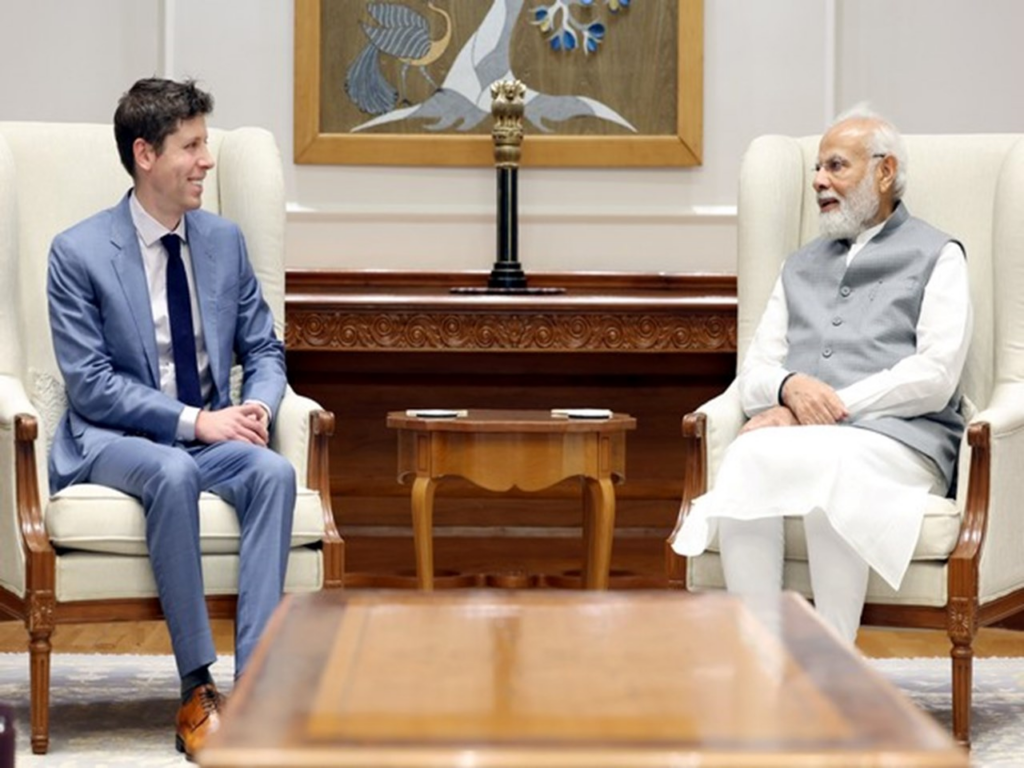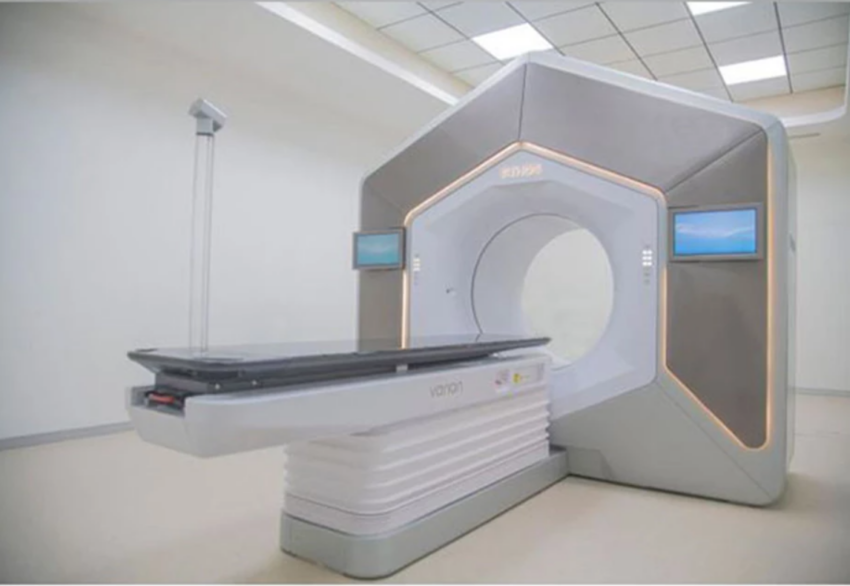The Jordanian government aims to create its first National Cancer Control Plan (NCCP) and Action Plan for 2023–2030 to combat the rising cancer rate. An international team of cancer specialists from the IAEA, WHO, and IARC undertook an imPACT Review Mission in Jordan from 30 April to 5 May to prepare these crucial papers.
“Cancer is a growing burden in Jordan, and the government recognizes how important it is to strengthen cancer control at every level,” said Professor Feras Hawari, Jordan’s Minister of Health.
Hawari said the Ministry asked the IAEA and its partners to undertake an imPACT Review Mission to assess progress and gaps since the 2012 review and guarantee strategic improvements throughout the cancer control spectrum of treatments.
According to IARC’s GLOBOCAN predictions, Jordan had 11,559 new cancer cases and 6,190 cancer deaths in 2020. IARC predicts 21,509 new cases yearly by 2040, following worldwide trends.

The IAEA’s Rays of Hope campaign promotes radiation availability in underdeveloped nations.
After months of virtual preparation and engagement with the Ministry of Health and other stakeholders, the team of 18 international experts traveled to Amman, Irbid, and Zarqa to visit and observe primary care and tertiary facilities, engage with a wide range of stakeholders, and plan for better cancer control in Jordan.
“The imPACT assessment provided Jordan with technical recommendations for improving multimodality medical imaging and radiation therapy in line with the IAEA’s Rays of Hope initiative. “These are highly relevant measures that will most benefit Jordan’s cancer patients,” stated IAEA Division of Human Health Radiologist Miriam Mikhail Lette.
“IARC’s role in evaluating cancer prevention and early detection is essential to ensure that effective evidence-based strategies are in place to support the NCCP and reduce the country’s cancer burden,” said Andre Carvalho, Scientist at IARC’s Early Detection Prevention and Infections Section.
The delegation visited the Royal Medical Services, University Hospitals, Al Basheer Hospital public hospital complex, and the IAEA Collaborating Centre for Cancer Initiatives King Hussein Cancer Centre (KHCC). KHCC wants to be a regional anchor center for the IAEA’s Rays of Hope project.
Team members met with government officials, clinicians, and civil society to strategize on cancer registration and surveillance, palliative care, cancer prevention and early detection, diagnosis and treatment, and refugee and vulnerable population access to cancer services in Jordan.
Cancer prevention and control require political will, country-led action investments, global solidarity, and lasting and flexible collaborations. “The commitment from all partners in the Jordan imPACT mission, including WHO, presents a unique opportunity not to be lost,” stated Dr. Jameela Al-Rabi, WHO Representative in Jordan.

